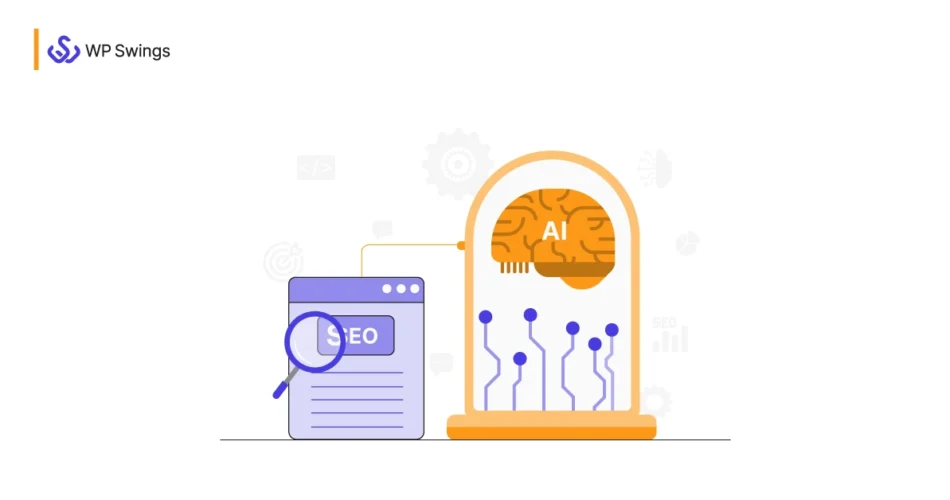AI content writing has gained significant attention in the field of SEO (Search Engine Optimization) due to its potential to automate content creation processes. While it offers several benefits, it also presents certain challenges. Let’s explore the pros and cons of AI content writing in SEO:
Pros:
- Increased Efficiency: AI-powered content writing tools can generate content at a rapid pace. They can automatically generate articles, blog posts, product descriptions, and other types of content, saving valuable time for SEO professionals.
- Consistency and Accuracy: AI algorithms follow predefined rules and guidelines, ensuring consistency and accuracy in writing style, grammar, and formatting. This can help maintain a consistent brand voice across different pieces of content.
- Content Optimization: AI tools can analyze keyword data and search trends to optimize content for SEO. They can suggest relevant keywords, optimize headings and meta tags, and improve overall content structure to enhance search engine visibility.
- Language Translation and Localization: AI content writing tools can automatically translate content into different languages, making it easier to reach global audiences. They can also adapt content to local preferences and cultural nuances, facilitating localization efforts.
- Data-driven Insights: AI algorithms can analyze vast amounts of data to provide insights into audience preferences, content performance, and SEO strategies. This data-driven approach enables marketers to make informed decisions and optimize their content strategies effectively.
Cons:
- Lack of Human Creativity: While AI tools can generate content efficiently, they often lack the human touch and creativity that can make content engaging and unique. Writing that lacks a personal touch may fail to resonate with readers.
- Quality and Tone: AI-generated content may not always meet the quality standards expected by readers. The tone and style may sound robotic or unnatural, impacting the user experience and brand perception.
- Contextual Understanding: AI algorithms struggle with contextual understanding, which can lead to inaccuracies or inappropriate content generation. They may misinterpret nuances, cultural references, or sarcasm, potentially causing misunderstandings or offending readers.
- Limited Strategic Thinking: AI tools primarily focus on generating content based on predefined patterns and data analysis. They may lack the ability to think strategically or provide creative insights beyond the scope of their programming.
- Dependency on Training Data: AI algorithms rely heavily on training data, which can introduce biases or limitations. If the data is incomplete, outdated, or biased, the generated content may not accurately reflect the target audience’s preferences or needs.
- SEO Challenges: While AI tools can optimize content for SEO, they may overlook the importance of user experience and engagement. Content that is overly optimized for search engines may feel robotic and fail to connect with readers on an emotional level.
In conclusion, AI content writing in SEO offers increased efficiency, consistency, and content optimization. However, it lacks human creativity, may produce lower-quality content, and faces challenges in contextual understanding and strategic thinking. It is important to strike a balance between AI-generated content and human-driven creativity to create compelling, engaging, and optimized content that resonates with both search engines and human readers.

